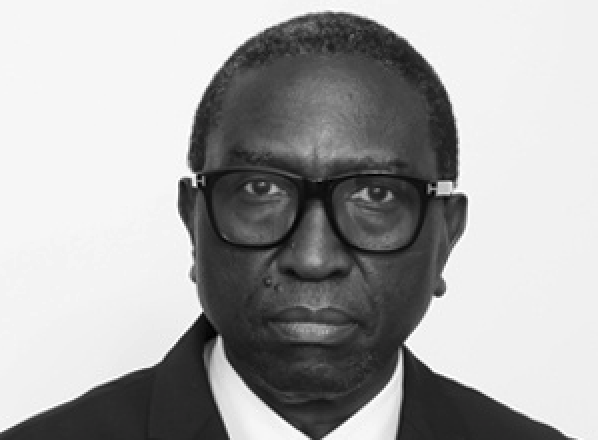- Zesco, Zambia’s state owned power utility has a total debt of USD 3.5 billion as at September 2021.
- This was announced by Zambian Energy Minister, Hon Peter Kapala in parliamentary sitting yesterday.
The minister added that Zesco had made $400 million in loses between 2018 and 2019 owing to the depreciation of the local Kwacha currency.
Zesco reported its own debt as 30 billion kwacha ($1.78 billion in today’s exchange rate) in 2019, raising the question of where the extra debt comes from and who holds it?
Earlier this month Zambian finance minister Situmbeko Musokotwane said Zambia’s external public debt had grown uncontrollably over the past decade to almost USD 15 billion by June this year. Of that, about $2 billion was parastatal debt.
Related news: Zambia may sell surplus power to Zimbabwe
Late last year Zambia defaulted on a USD 42.5 million payment on a Eurobond. Some of the loans were spent on worthy infrastructure, like roads and hospitals, and some on white elephants. Several might well have lined politicians’ pockets. Read more
President Hakainde Hichilema won a landslide election victory in August, beating incumbent Edgar Lungu, but his cabinet has since then been primarily pre-occupied with bringing the country’s massive debts to light so that it can get IMF emergency relief.
Kapala said disputed invoices and the inability of some mining companies to pay bills had resulted in these entities owing a combined $887 million as at August 2021.
Author: Bryan Groenendaal















